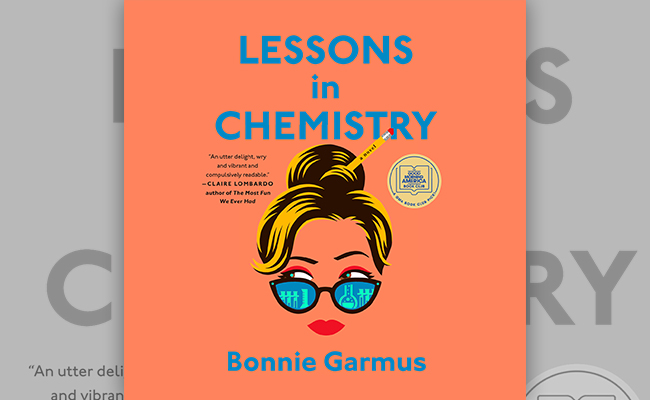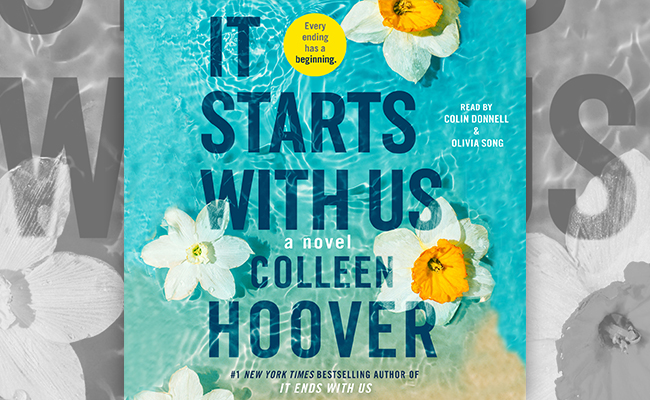Exploring the Impact of Audiobooks on Cognitive Skills
Audiobooks have revolutionized how we consume literature and information, but have you ever considered their impact on our cognitive skills? Let’s explore the fascinating world of audiobooks and how they shape our minds and enhance our abilities.
Listening to audiobooks engages our brains differently than reading traditional books, as explored in our ‘Are Books As Good As Physically Reading’ blog post. It challenges our auditory processing skills, improves focus, and enhances comprehension. This unique form of storytelling allows us to absorb information while multitasking or on the go, making learning more accessible than ever before.
Research suggests that audiobooks can strengthen memory retention and language processing abilities. Immersing ourselves in spoken narratives allows us to exercise our imagination and expand our vocabulary effortlessly. Whether it’s a thrilling mystery or a captivating memoir, audiobooks offer a dynamic learning experience that stimulates various cognitive functions.
You don’t understand anything until you learn it more than one way.
– Marvin Minsky
As technology continues to advance, audiobooks are becoming increasingly popular among all age groups. They provide a valuable alternative for individuals with visual impairments or those seeking convenience in their busy lives. So next time you press play on an audiobook, remember that you’re not just listening – you’re also nurturing your cognitive skills in ways you may not even realize.
The Science Behind Audiobooks and Mental Stimulation: Fact or Fiction?
Audiobooks have undeniably surged in popularity over the past decade, and their impact on mental acuity is more profound than you might think. According to a study conducted by the Audio Publishers Association (APA), the audiobook listening market has expanded in the past year, with a majority of U.S. adults (53%) reporting that they have engaged with audiobooks, representing an increase from 45% in 2022.
Research corroborates the cognitive benefits of audiobook consumption. A study published in the Journal of Neuroscience found that individuals who regularly listen to audiobooks exhibit increased connectivity in brain regions associated with language comprehension and cognitive processing. This enhanced neural connectivity suggests that audiobooks stimulate the auditory cortex and engage various other regions of the brain, fostering holistic cognitive development.
In essence, listening to audiobooks is more than just a pastime; it’s a cognitive workout that can sharpen your mind and expand your intellectual horizons.

5 Ways Listening to Audiobooks Can Boost Your Knowledge and Intelligence
Listening to audiobooks is not just a convenient way to consume content; it can also significantly boost your knowledge and intelligence. Here are 5 ways how audiobooks can benefit your learning journey:
- Multitasking Efficiency: Audiobooks allow you to learn while doing other activities, such as exercising, commuting, or doing household chores. This multitasking capability helps you maximize your time and stay productive.
- Improved Retention: Listening to audiobooks engages your auditory senses, making it easier for you to retain information compared to traditional reading. The combination of hearing and visualizing the content enhances memory retention.
- Access to Diverse Content: Audiobooks provide access to a wide range of topics and genres, allowing you to explore new subjects beyond your usual reading preferences. This exposure can broaden your knowledge base and spark new interests.
- Enhanced Comprehension: Some people find it easier to understand complex concepts when they hear them rather than read them on a page. Audiobooks can help improve comprehension, especially for technical or dense material.
- Continuous Learning: With audiobooks, learning becomes a continuous process that fits seamlessly into your daily routine. You can listen on the go and absorb information consistently, fostering a habit of lifelong learning.
Debunking Myths: Addressing Common Misconceptions About Audiobook Learning
When it comes to audiobooks, some common myths often cloud people’s perceptions. Let’s debunk these misconceptions and shed light on the effectiveness of audiobook learning.
One prevalent myth is that listening to audiobooks is less effective than reading physical books. However, research has shown that audiobook learning can be just as beneficial for comprehension and retention. It all comes down to individual learning preferences.
Another misconception is whether listening to books truly counts as reading. The truth is that absorbing information through audio can enhance listening skills and stimulate imagination in a different way than traditional reading does. So yes, listening to books definitely counts as a form of reading!
Addressing these myths about audiobooks can help us appreciate their unique benefits in expanding our knowledge and fostering a love for learning in diverse ways.
We’ve put together a list of our recommendations to get you started:
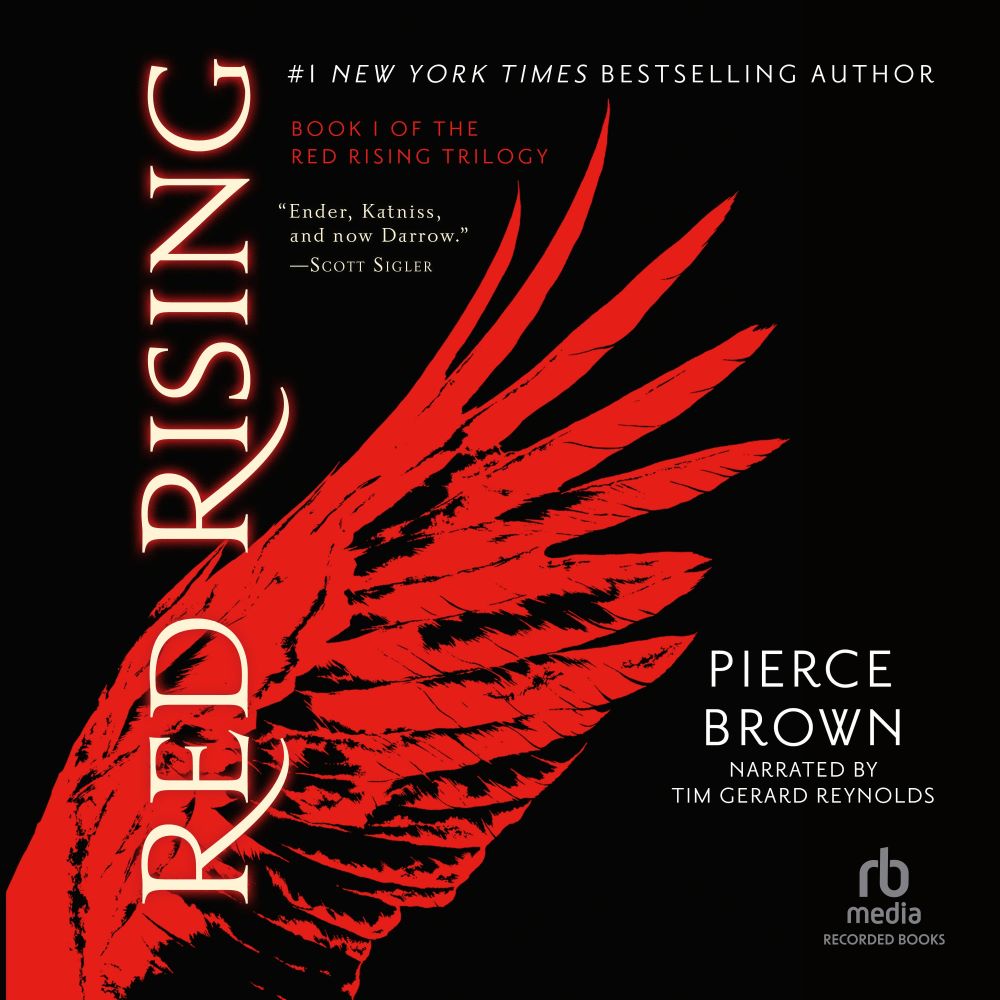
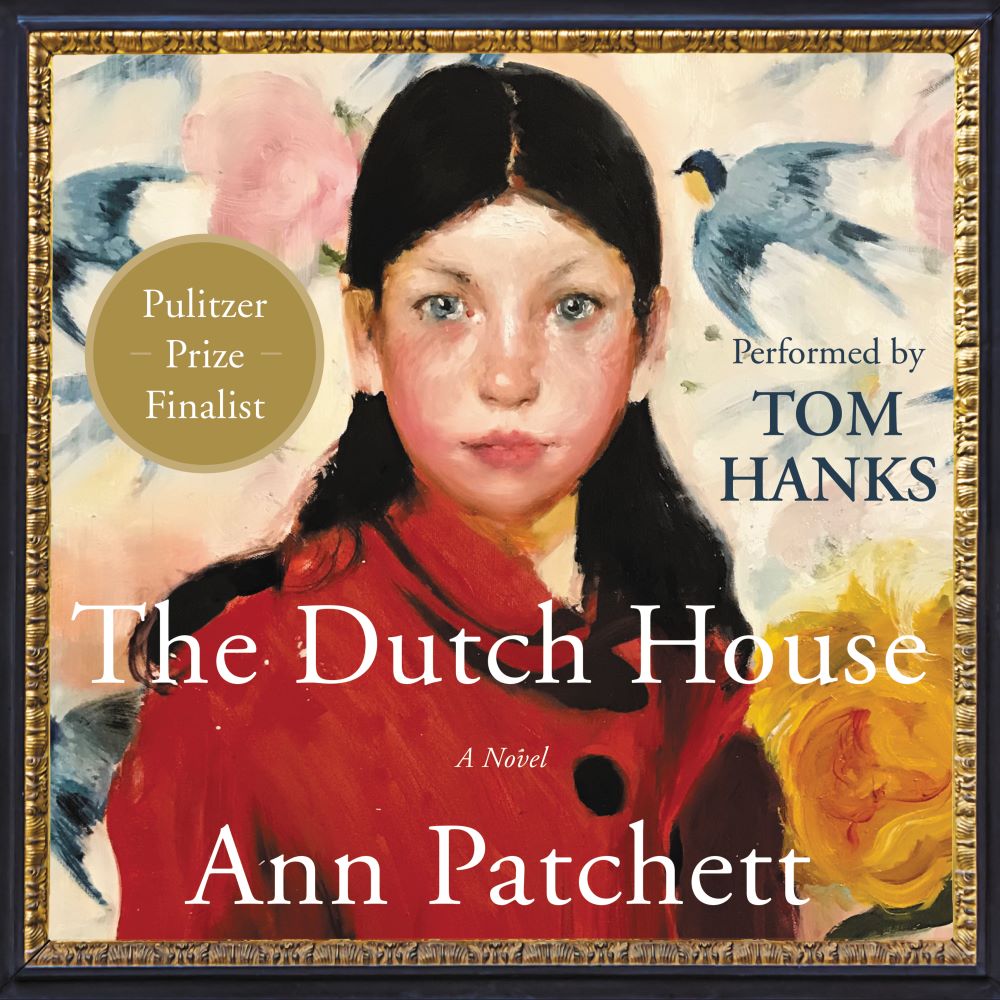

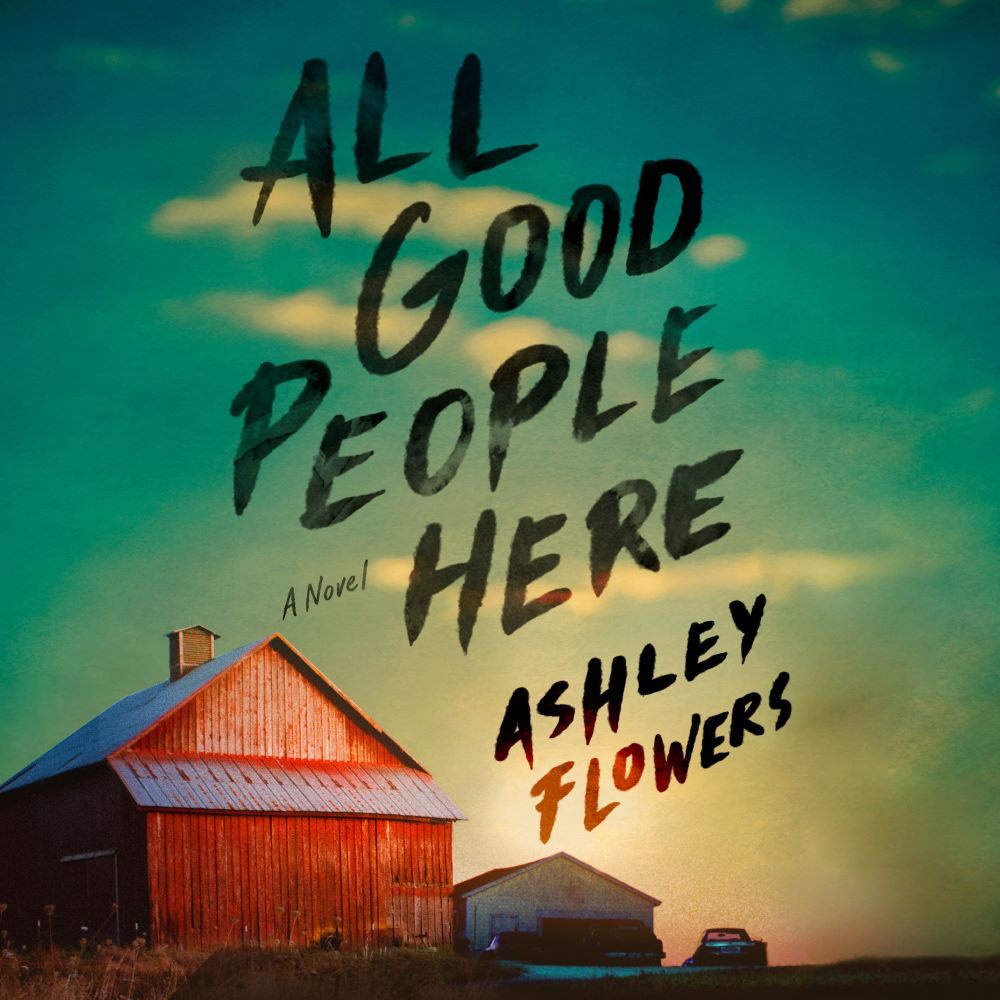
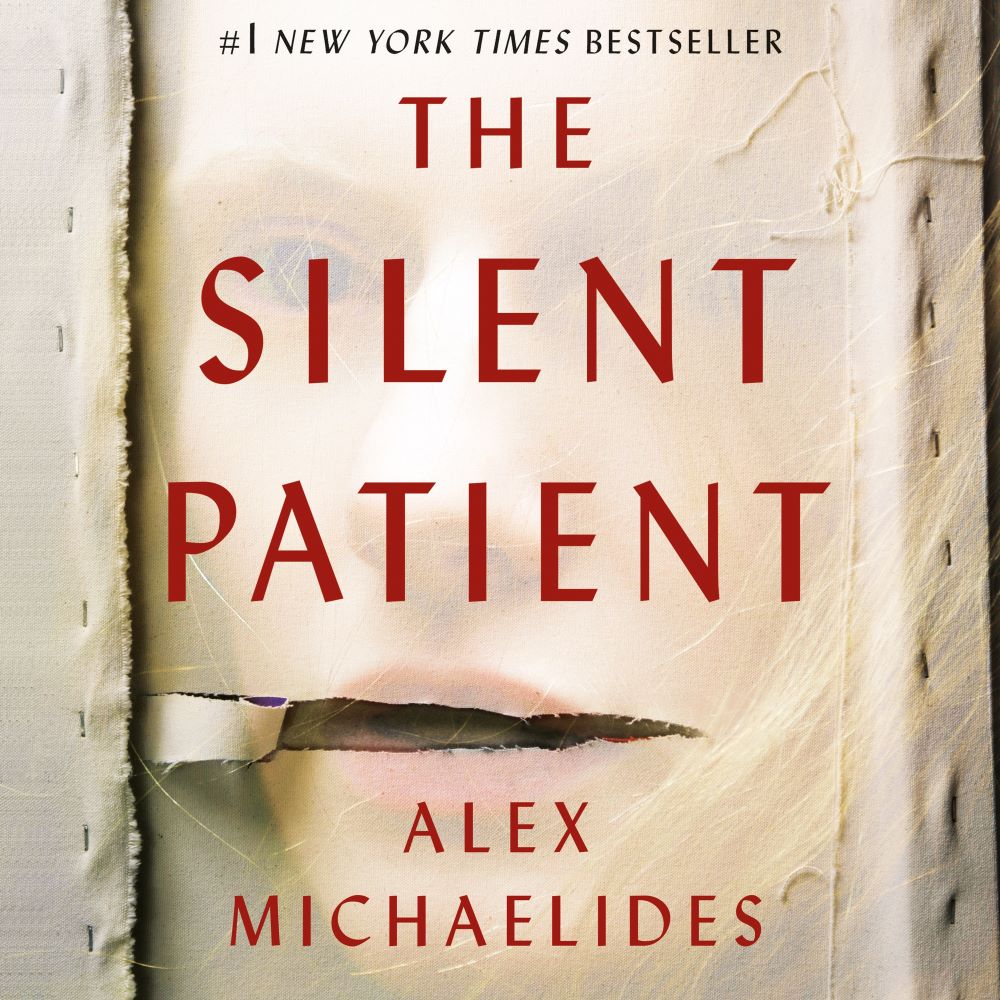
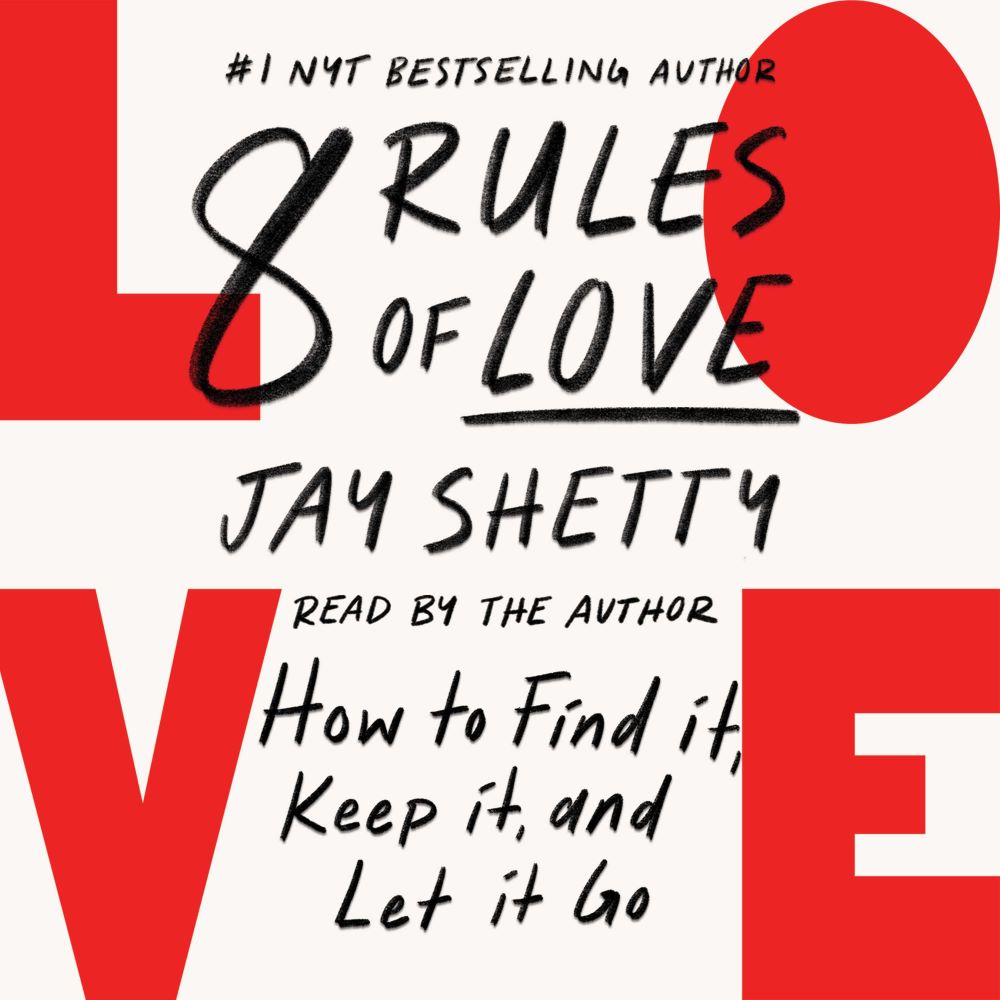
Embracing the Audio Revolution to Enhance Your Mind and Skills
In conclusion, embracing the audio revolution can truly enhance your mind and skills in ways you never thought possible. By incorporating audio learning into your routine, you open up a world of possibilities for personal growth and development.
Whether you’re listening to audiobooks on the go, throwing them on during your commute, or using voice technology to access information hands-free, the power of audio is undeniable. It allows for multitasking, continuous learning, and easy accessibility to a wealth of knowledge at your fingertips.
So why not take advantage of this incredible resource? Immersing yourself in audio can expand your horizons, keep you informed on the latest trends and topics, and boost your creativity and productivity. Let’s embrace this new era of auditory learning and unlock our full potential.
Looking for Book Recommendations?
• Here are the audiobooks our members have been loving, along with our staff picks that we’ve been championing.
• Looking to share your love of books? Our handy Book Clubbin’ questions make it super easy to start a book club. Or, Netflix n’ buddy-read with this year’s book-to-screen adaptations (just be prepared for the perennial debate: is the book better than the movie/show?).
• If you’re looking for something extra, we’ve got author and narrator interviews to give you a gleam inside their worlds.
• For the curious-minded, audiobooks can teach you a thing or two, from nature therapy to personal finance. It can even keep the little ones busy so you can steal some time back for yourself.
New to Audiobooks.com? Get your first book free, PLUS a bonus book from our VIP selection when you sign up for our one-month free trial. Digital audiobooks make audible stories come to life when you’re commuting, working out, cleaning, cooking, and more! Listening is easy with our top-rated free audiobook apps for iOS and Android, which let you download & listen to bestselling audiobooks on the go, wherever you are. Click here to get your free audiobooks!



